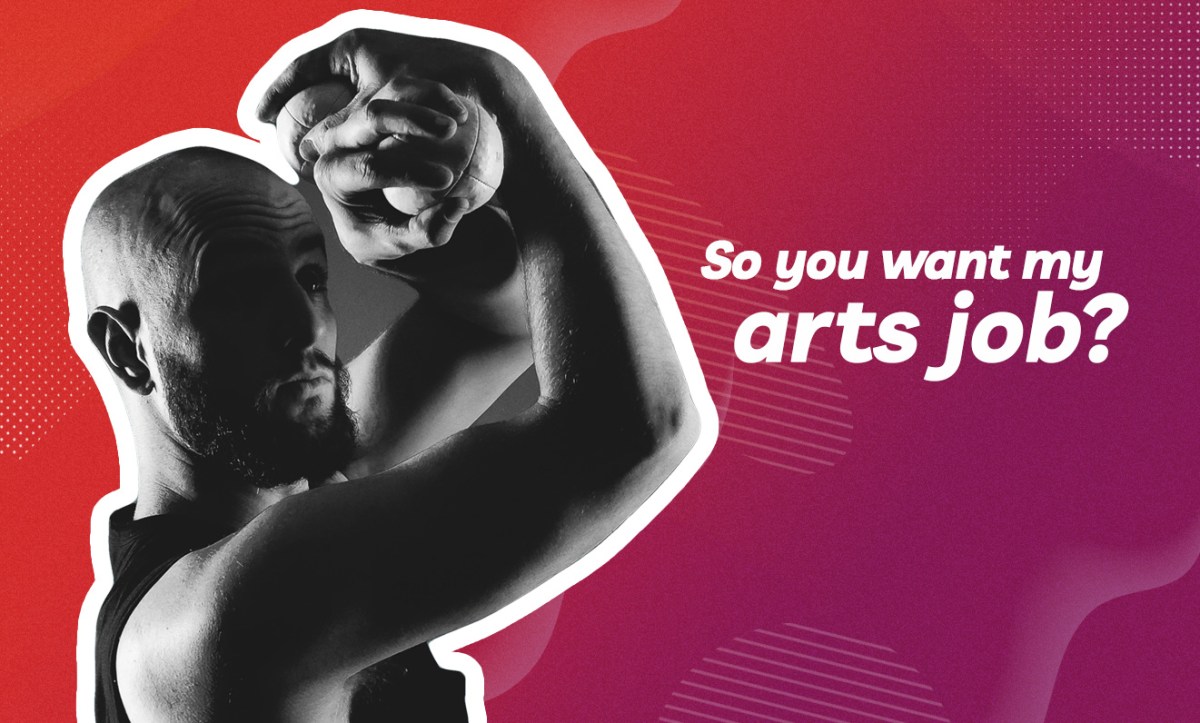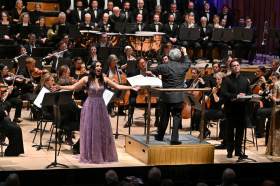Far from our usual understanding of the circus entertainer, professional jugglers in Australia and abroad have been pushing the art form towards new heights.
From a full length duo performance, the award winning Jugg Life, to a new show exploring the expressiveness of juggling at Melbourne Fringe this year, Byron Hutton has followed his passion of the art form since the age of seven.
Hutton co-founded the Melbourne-based Throw Catch Collective, which delivers ambitious shows but also follows his dedication to mentoring emerging artists in the sector.
He has been a juggling coach at Australia’s National Institute of Circus Arts (NICA) since 2018, keeping perspectives on the medium fresh and global for a next generation. Here he shares what allowed him to reach these heights and where to look to if you want to throw some clubs in the air – and catch them.
How would you describe what you do?
My name is Byron Hutton and I’m a professional juggler. I work with the Throw Catch Collective as a performer and board member to create shows, educate emerging artists and promote juggling in Australia. Our new show ESCALATE combines live music and lighting design with juggling.
How did you get started in your career?
My father taught me to juggle at the age of seven. When I was 14 my childhood best friend and I got addicted to training juggling. We’d go to a hall on Sydney Road and train after school for three to four hours most evenings. This was also when YouTube was starting to take off, and out of nowhere we had access to hundreds of videos of all the best jugglers from across the world, that we could analyse and be inspired by. We soon discovered the Australian juggling and circus scene, attended juggling and circus conventions, and I slowly started getting gigs and my career flourished from there.
In 2014, Richard Sullivan and I made our first full length show called Jugg Life, which we performed around Australia and New Zealand for several years. Since then we always wanted to make something bigger and better.
What’s an average day or week like?
My favourite type of week is one spent rehearsing. I usually wake up at 7am, work out, breakfast, shower and head to the training space.
We’ve formed a habit of beginning rehearsals with a cold run through our current show. This gives us an accurate picture of where ESCALATE is sitting, and which sections need the most practice.
We rehearse six days a week, with a rest day on Saturdays. On my days off I like to catch up with friends for a coffee, go for a hike or play some board games.
That said, no day or week is ever the same. There are always other gigs, shows and tours to work around, and being a professional circus artist is an exercise in dealing with the unknown.
Read: So you want my arts job: Circus acrobat
What’s the most common misconception about being a juggler?
The word ‘juggler’ conjures up very particular images in many peoples’ minds, often centred on either comedy or technical difficulty. The juggling we do starts from a series of basic concepts and uses juggling to explore a myriad of physical and visual possibilities. Through this lens juggling turns from a pure technical feat into an expressive art form that can be used to create more diverse, interesting and beautiful work. We believe juggling shares many qualities with modern dance or music: technique can be used to create unique imagery and emotion.
If you were interviewing someone for your role, what skills and qualities would you look for?
I love this question. The basics need to be covered: strong work ethic, excellent communication, easy to work with and creative.
The ideal juggler would have strong solo and group skills with balls, rings and clubs. Musicality and rhythm also feature heavily in all our work, and the ability to work alongside our composer Samuel Kreusler is a must.
As you might imagine, this collision of skill sets reduces the pool of potential collaborators. To combat this, at Throw Catch Collective we run an emerging artist program to strengthen the professional juggling community.
What’s the best thing happening in your field at the moment?
Thanks to the internet, juggling is developing faster than ever. The most exciting things happening in juggling right now aren’t necessarily the hardest tricks, but instead the use of technical skills to create something interesting or beautiful.
Jugglers like Wes Peden, Sean Gandini or Emil Dahl inspire us with their relentless pursuits of the intersection of skill and originality. We hope what we do will bring a new perception of juggling to audiences, and we’re excited to add to the global juggling movement that is happening right now.




